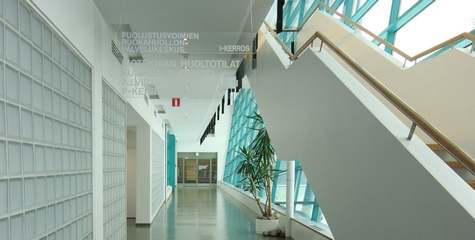WI-WE Progress
| Progress: 91.32% WWI-WE Version: 3 | |
| 0 | mandatory questions pending |
| 26 | questions total |
| 22 | questions answered |
| 22 | questions completed |
| 4 | questions pending |
Mapping Wild Cards
Inspired by: FP7 » Mutated hybrid humans created from stem cells which can be used for future transplants

Originally submitted by: Anthony Walker
List of all contributors by versions (mouse over)
Last changed by: Anthony Walker
WI-WE status:
.png)
